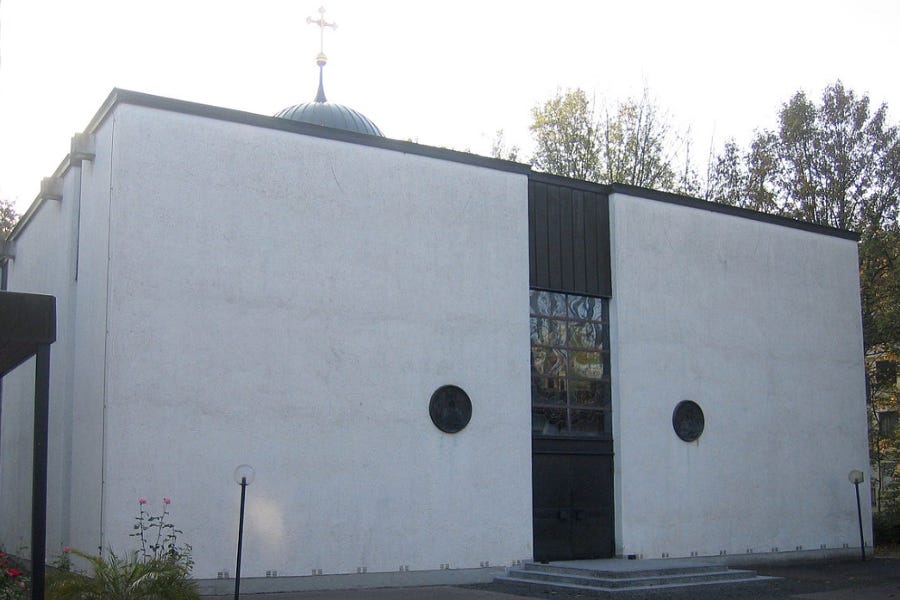Vatican weighs Ukrainian eparchy for Germany
The move could add a significant new voice to the German bishops' conference
The Vatican is considering a request to establish a fully fledged Ukrainian Greek Catholic diocese in Germany.

The Vatican’s Dicastery for the Eastern Churches has asked the German bishops’ conference for its v…
